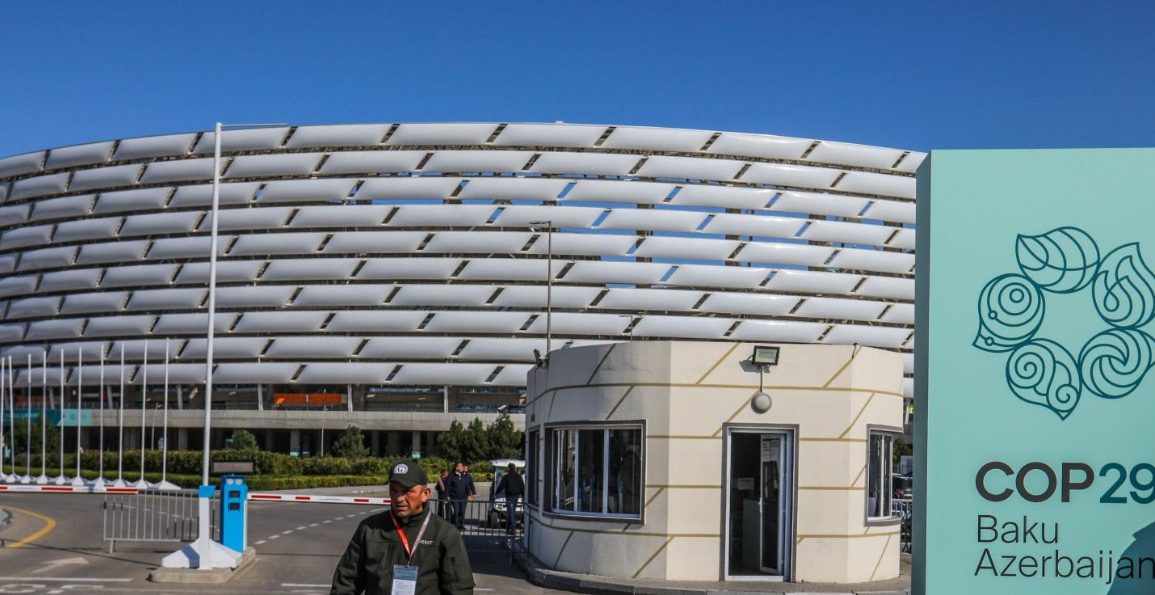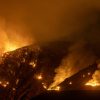As Azerbaijan prepares to host the COP29 global climate summit, a recent report highlights a significant increase in fossil gas production over the next decade, raising concerns about the country’s commitment to climate action.
The report reveals that Azerbaijan’s state-owned oil and gas company, SOCAR, plans to boost annual gas production from 37 billion cubic meters (bcm) to 49 bcm by 2033.
Furthermore, SOCAR has committed to a 17% increase in gas exports to the European Union by 2026, emphasizing its pivotal role in the global energy landscape.
Despite hosting COP29, starting on November 11, the country’s climate action plan has been deemed “critically insufficient” by the Climate Action Tracker.
Analysts criticize Azerbaijan for weakening its climate targets while aggressively expanding fossil fuel extraction.
SOCAR’s capital expenditure is overwhelmingly directed toward oil and gas projects, with only a small fraction allocated to its newly launched green energy division focused on wind, solar, and carbon capture technologies.

Critics argue that the ongoing reliance on fossil fuels undermines efforts to combat climate change.
The International Energy Agency has indicated that halting new fossil fuel exploitation is essential for achieving net-zero CO2 emissions by 2050.
The expected increase in gas production could result in approximately 780 million tonnes of CO2 emissions, exceeding the annual emissions of the UK.
Azerbaijan’s close ties between its government and SOCAR raise further concerns about the integrity of climate negotiations.
Observers warn that those with vested interests in fossil fuels should not oversee crucial climate discussions.
The country’s human rights record adds another layer of complexity, as reports indicate systemic threats to environmental and human rights defenders.
As COP29 approaches, the global community watches closely, questioning Azerbaijan’s role as a host and its genuine commitment to transitioning toward a sustainable energy future.
The summit represents a critical opportunity to address the climate crisis, but the situation in Azerbaijan raises concerns about the effectiveness of the discussions and the potential for meaningful action.

